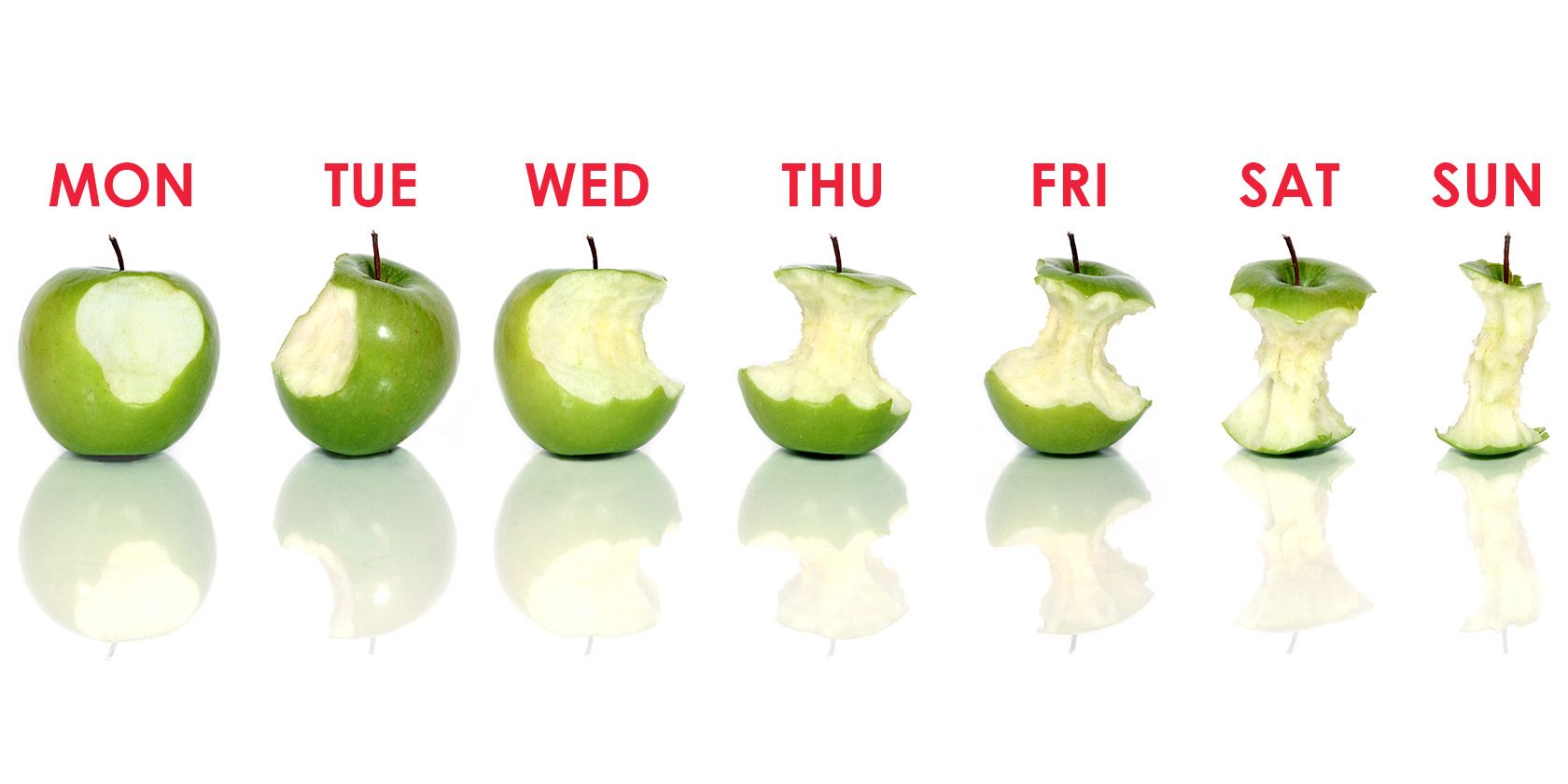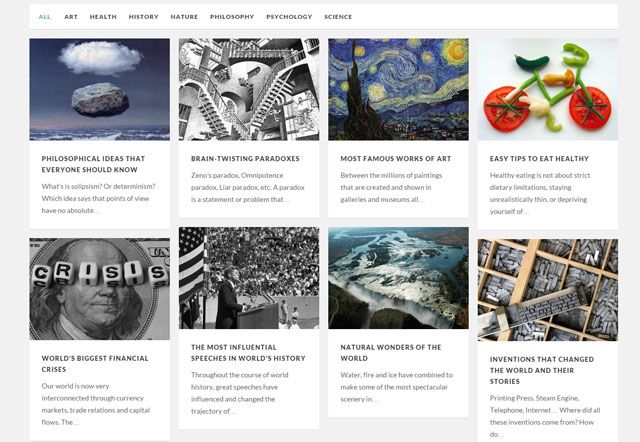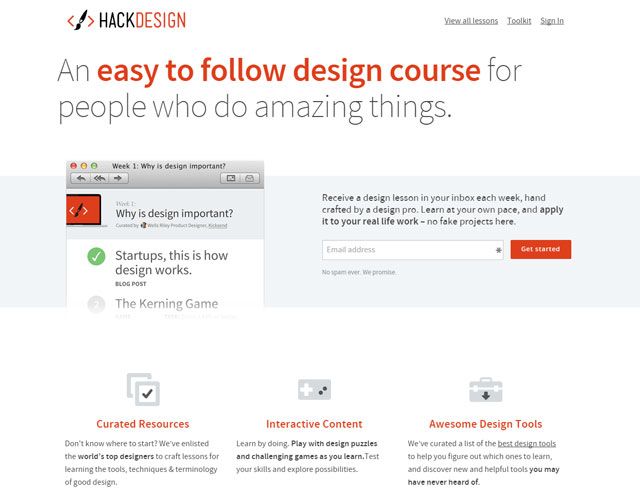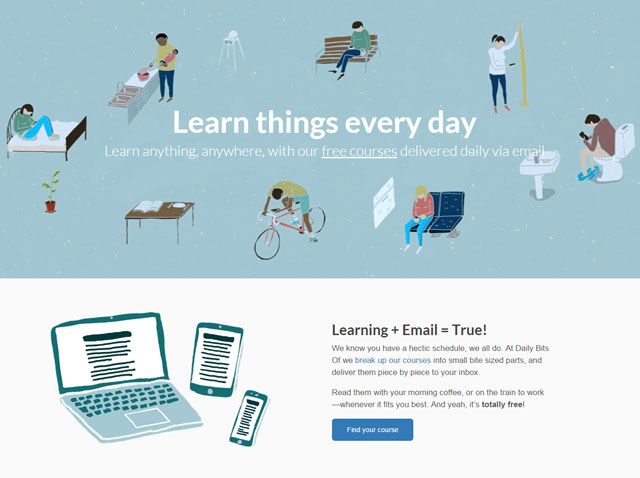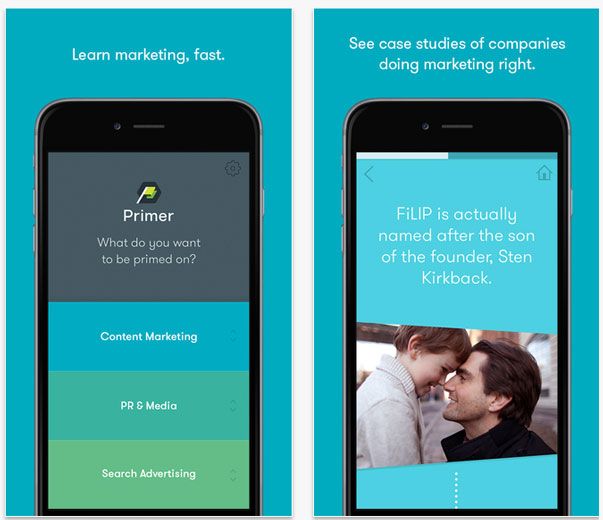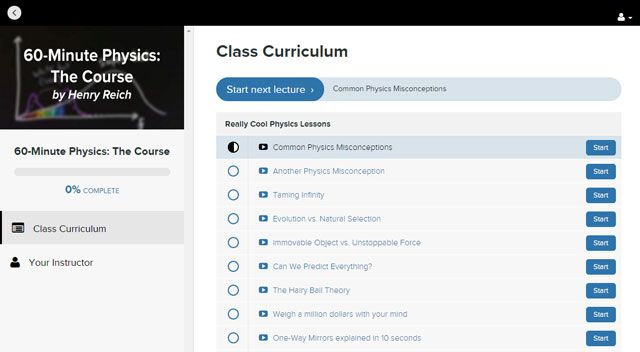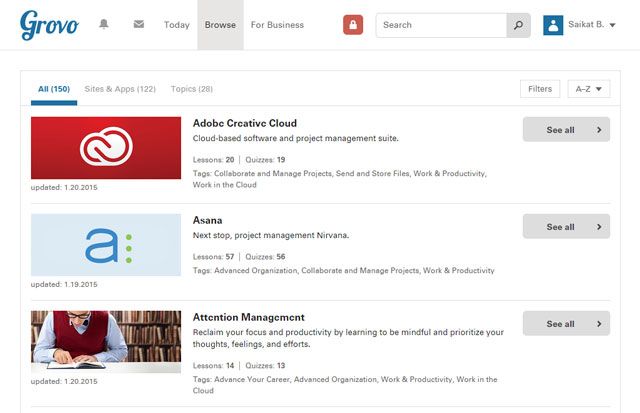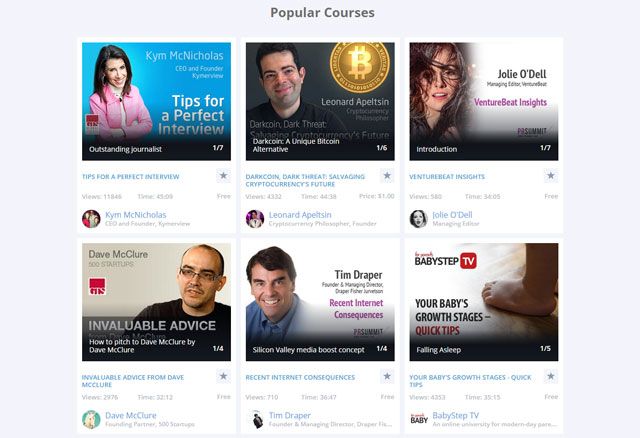Have you ever taken a productive trip to the bathroom? If you haven't, you should try it! After all, what's good for Google should be good for you and me. Before you laugh, here's the story...
Google uses one-pagers known as “testing on the toilet” — consisting of topics such as testing for code — that are placed in restrooms in the engineering buildings, or one-pagers titled "learning on the loo" that contain topics relevant to non-engineering employees.
This idea is called 'Bite sized learning,' and it centers around the idea of trying to cram useful information into a form factor that can be consumed without getting bored or interrupting the rhythm of your life.
Julie Clow worked on team effectiveness and leadership at Google for five years, and is the author of The Work Revolution: Freedom and Excellence for All. She says micro-learning is "discrete chunks of information or skill-based knowledge that can be delivered in short bursts of time".
Smart companies are using it to stay nimble with better-trained personnel. If you work in a rapidly-evolving field, it's not possible to educate employees in one massive, six-year masters-degree-sized block. You need your employees to be educated in real-time, as part of their working duties. We as individuals can take a leaf from the corporate playbook and use the little snatches of time for bite-sized learning every day.
Here are a few tools for the setting up a micro-learning habit for free. From the general to the more specialized topics.
Highbrow
40 courses in seven topics.
Study topics like brain-twisting paradoxes to studying the history of art. Or, take bites of art, history, health, philosophy, psychology, science, and nature. The courses are delivered to your inbox daily, and you need to invest just five minutes or a bit more on them. The site is continuously adding courses.
Treat the 10-day courses as introductory primers. For instance, if you want to be more creative this year but don't have the time to sit through a TED playlist on creativity, a mini-course like Spark Your Creativity takes you through them in just 15 minutes day.
Hack Design
Lessons from design pros in your inbox, every week.
The next step forward for creatives is to learn a bit about design. Hack Design is a capsule you can use to learn at your own pace with email lessons. from the introductory "why design and why it matters", the lessons take you through the fundamentals of user interface design and topics like typography. A page on design tools the industry uses is very helpful.
Curated by some of the best design pros, consider this your free field guide. If you want to make your first iPhone app one day, the inbox could be a nice place to begin today.
Daily Bits Of
60 free courses to go with your morning coffee.
One small lesson each day. From a few days to a few months. That's how Daily Bits Of describes its microlearning effort. You just need to give them your email address, and the micro portions start arriving in bite-sizes. Some of the courses are in Swedish, but there's enough among the 60-odd courses to keep the English speakers interested.
I have been trying out DBO for the past month, and it has proved useful to know a bit more about topics I wouldn't have had the patience to study otherwise. Something like SEO or copywriting is a required skill for me, but learning about hack programming is also great for little bits of learning every day. Thanks to the site, you can create your own course and dish out micro-lessons to others.
Your Primer
Marketing lessons for startups from Google.
We started out story with a Google anecdote. This is Google's contribution to microlearning adventures. A bit self-promotional admittedly, but when it comes to Google, knowing a little more about it never harms. Especially, if you are in the business of online marketing. Working on a startup? Get up to speed with case studies, quizzes, tasks, and insights from marketing experts.
With our 5-minute lessons, you can learn new topics quickly, get practical advice, and even refresh yourself on marketing basics.
Your Primer is an experimental app designed for the on-the-move crowd who want to take in some tactical knowledge between coffee breaks. The app also works offline. Expect more topics to be added soon as Google subtly pivots this around Google business products.
60-Minute Physics
60 bite-size lessons to help grasp physics.
You wouldn't want to be caught flatfooted when your 10-year old starts asking about nitrogen fixation. Henry Reich takes you through the world of natural phenomena and makes learning science cool again. 60-Minute Physics is a bite-size package of his popular YouTube learning channel — MinutePhysics. 60 of them delivered in one-minute timelapse drawings. Something, the most science-blind among us can not only understand, but God forbid — enjoy!
Here's the first lesson:
Get access to a monitored community, the ability to download videos anytime and track your progress as you learn.The course is free, but you can always sign-up to any of the donation packages that helps Henry continue his mission.
Grovo
126 different topic areas. Over 4,000+ videos.
Master 160 tools such as Gmail, Facebook, Dropbox, Evernote and YouTube with the help of 60 or 90-second videos. Grovo is an educational platform that's all about new digital and workplace skills for the 21st Century. It is tailored for individuals and teams who are looking to shrink the skills gap with bite-sized chunks of elearning in the midst of a busy day.
As you can see in the screen above, Grovo has broken down digital skills into competencies. You can also take a test to identify your skills gap. As you get on a learning track, Grovo keeps score and measures the progress in your digital competency. As you go beyond the introductory lessons, you can unlock more topics. Grovo has paid plans for unlimited access which work out to $8.25 per month for an annual plan. Try it with a 7-Day trial.
Coursmos
10,500 micro-courses. Lessons in 3 minutes of less.
Coursmos defines itself as the microlearning platform for an attention-challenged generation. Coursmos was developed for iOS first, both for learning and teaching micro-courses. And you can consume a short course within the span of a commercial. Powered by professional and crowdsourced content, Coursmos is a mix of free and paid content. From higher education to spirituality, there's enough content to keep you engaged. A paid subscription plan of $8.88 per month gives you unlimited access to all the content.
Coursmos is also a great platform if you want to dip your toes into the elearning industry. Create micro-courses around you interests and hobbies for a share of the revenue.
Download: iOS [No Longer Available] | Android [No Longer Available]
UnlockYourBrain
http://www.youtube.com/watch?v=aAVdJ90a1Uo
32 opportunities to learn something new each day.
This Android app has taken a habit (unlocking our phones) and spun it around learning. Every time you unlock your phone, you have to solve a small learning challenge. The right answer unlocks the phone...but (thankfully) you can skip that part if you want to quickly inside. It's a novel way to learn languages, history, math, plus other subjects with the learning packs available in the marketplace. Users can upload customized learning packs for any kind of topic.
Download: Android (free)
Can You Acquire New Skills in Short Bursts?
That's the billion dollar question, as more startups emerge to fill the skills gap. Admittedly, it's difficult to learn something to an employable level with just short video lessons -- or even a six month course. But microlearning has its place for both businesses and the individual. Micro-courses have a valuable role to play in the new age of mobile learning.
Individuals can use microlearning to gain their first foothold on any subject. Small lessons help to build momentum towards a learning goal, and help ward off procrastination. I take a few of them to see if the topic interests me enough for a bigger investment of time and effort. I also tap into the concise explanations to untie more complex issues. Learning in small bits is better than not learning at all.
What about you? Have you tried microlearning to learn a new language, a new skill, or start a new hobby? Name the tools you use, and your experience with them.
Image Credits: green apple Via Shutterstock

